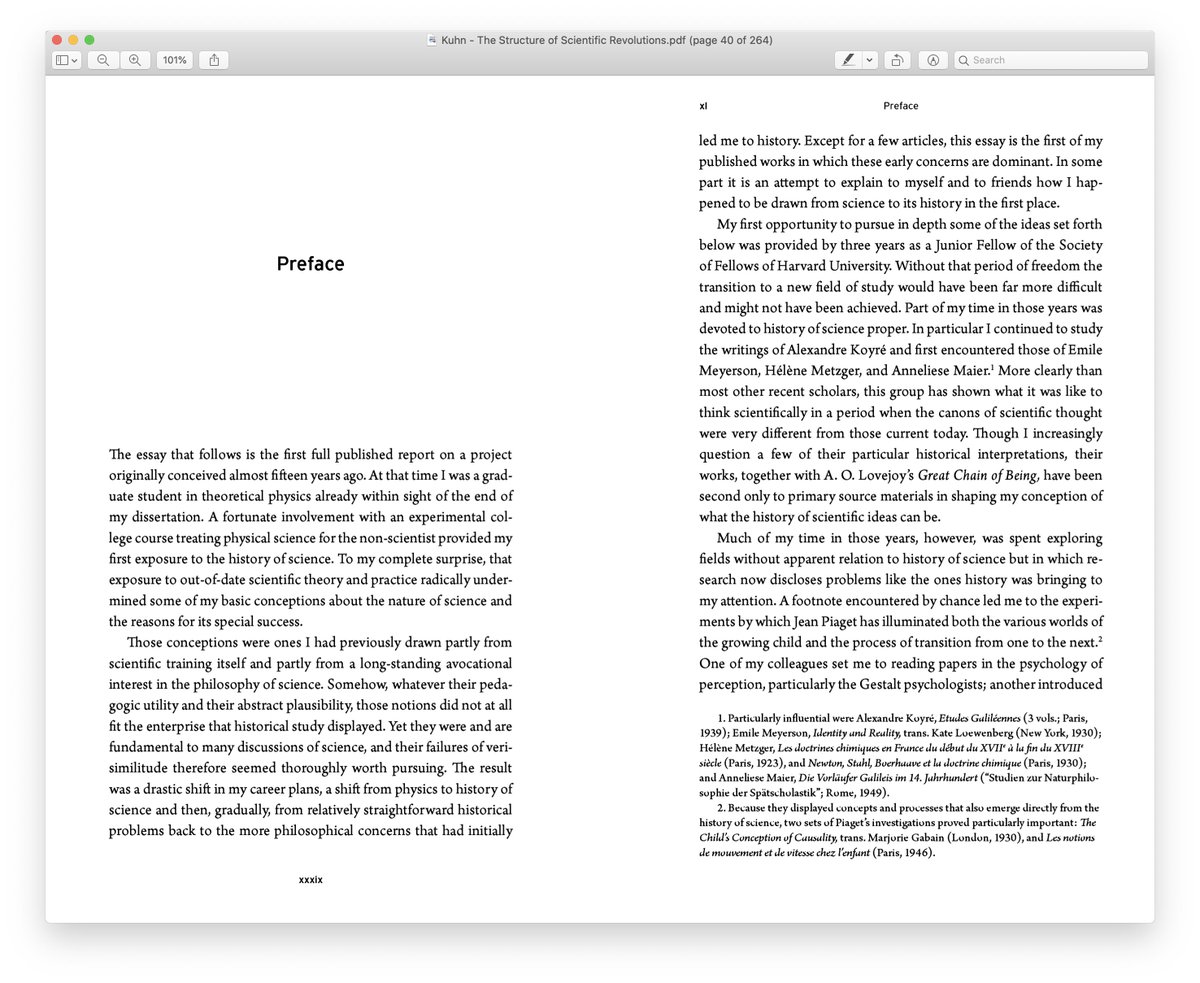
When teaching, it feels natural to center on powerful ideas or techniques. But it’s usually better to center on *questions*—ideas and techniques can follow. Ideally, they’re deep, meaningful questions with no “right” answer, an active object for experts in the discipline.
e.g. If you're studying history, details are important, but usually in service of broad, enduring questions like "when and how do individuals make a difference?"
Wiggins & McTighe call these "essential questions" in Understanding by Design, a great text on instructional design.
Wiggins & McTighe call these "essential questions" in Understanding by Design, a great text on instructional design.
I love this idea but often forget it when I'm writing or giving a talk. Institutionalized education sets a bad cultural norm: a teacher's supposed to know the answers and tell them to you… not ask impossible questions! Obviously, I don't *believe* this, but it sneakily seeps in.
This thread was prompted this sweng syllabus: cmu-313.github.io, which asks great questions: When and how much to design? How can we design security into a system? When is a program good enough to ship?
I've been coding 20+ years, and I'm still answering these questions!
I've been coding 20+ years, and I'm still answering these questions!
This list has many good questions across domains: teachthought.com/pedagogy/examp…. e.g. When is the restriction of freedom a good thing? How does culture/society shape our concept of happiness?
Some of them are weak. It's a good exercise to try to sharpen them up!
Some of them are weak. It's a good exercise to try to sharpen them up!
Instructional philosophy aside, q's are often just a more striking way to communicate. That sweng syllabus opens with strong (non-essential) questions: What can we learn from the Boeing 737 disaster? How did Twitter eradicate the Fail Whale? And what does it have to do with Ruby?
A fun prompt: what are some essential questions in/around your field, open enough to be a focus for you but studied enough to meaningfully discuss in a course?
Here's one from my field: "What are the physical and practical limits to human cognition, and how can they be altered?"
Here's one from my field: "What are the physical and practical limits to human cognition, and how can they be altered?"
• • •
Missing some Tweet in this thread? You can try to
force a refresh







